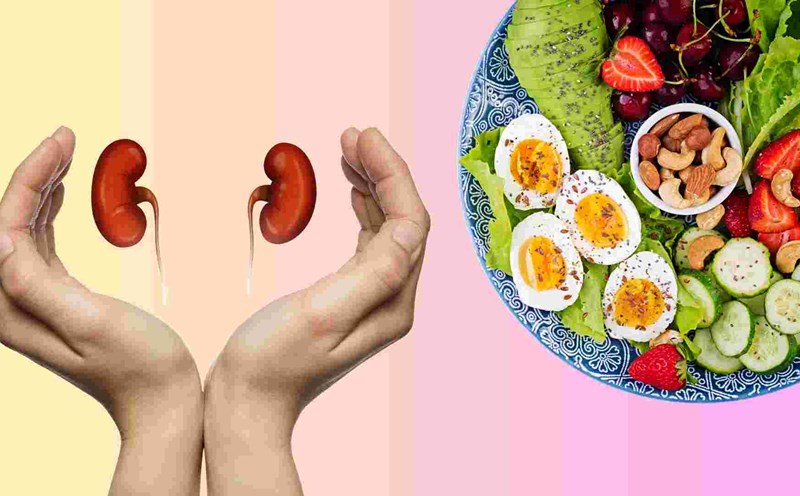The digestive system plays an important role in overall health. problematic problems such as bloating, constipation or flatulence often stem from unreasonable diet and unscientific living habits. Here are 10 natural ways to support a better digestive system.
Eat plenty of fiber
Fiber helps regulate bowel movements and effectively aids digestion. According to pharmaceutical Dr. Ayesha golzar, a diet rich in fiber can help prevent constipation, support the growth of beneficial bacteria and reduce the risk of heart disease, type 2 diabetes, and colon cancer. Adults should consume 25 - 30g of fiber per day from fruits, vegetables, whole grains and nuts.
Drink enough water
The water helps soften stools and promote digestion. The body is dehydrated and can cause constipation and digestive disorders. Dr. Sonal Kumar, a gastroenterologist at New York- Presbyterian Hospital, recommends that men drink about 15.5 glasses of water per day and about 11.5 glasses per woman, including water from food, juice and herbal tea.
Eat mindfully
Eat slowly, chew thoroughly and concentrate while eating to help the body absorb better. Chewing thoroughly helps the enzymes in saliva break down starch right from the mouth, reducing pressure on the stomach.
Manage stress
Prolonged stress affects the brain-intestinal axis, increasing the risk of digestive disorders, such as irritable bowel syndrome (IBS). Methods such as meditation, yoga, deep breathing, or simply spending time outdoors can all help improve mood and digestion.
Exercise after meals
A light walk after eating can stimulate bowel movements, help reduce bloating and promote digestion. Regular exercise also helps strengthen the gut microbiome and regulate metabolism.
Limit irritating foods
Some foods such as spicy foods, dairy products, artificial sweeteners, caffeine or gluten can cause bloating or diarrhea in sensitive people. Recording your eating diary helps identify the cause of irritation.
Supplement probiotics and prebiotics
Probiotics are beneficial bacteria in fermented foods such as yogurt, kimchi, kefir, which help improve the intestinal microflora. Meanwhile, prebiotics are the fiber that feeds probiotics, found in garlic, onions, asparagus, banana, oatmeal and apple.
Reduce alcohol, quit smoking
Alcohol and tobacco damage the stomach lining, disrupt the microbiome and increase the risk of ulcers. Quitting these habits can significantly improve digestive function.
Drink herbal tea
Some teas such as ginger, mint, chamomile can soothe the digestive system, reduce bloating and nausea. Peppermint essential oil can also help people with irritable bowel syndrome.
Get enough sleep
Lack of sleep can aggravate digestive symptoms such as heartburn or constipation. Make sure to sleep 7 - 9 hours a night to maintain digestive health.
If you have changed your habits but your digestive symptoms are still persistent, see a specialist. According to Dr. Sonal Kumar, early medical intervention can help detect and effectively treat underlying diseases in the digestive system.











